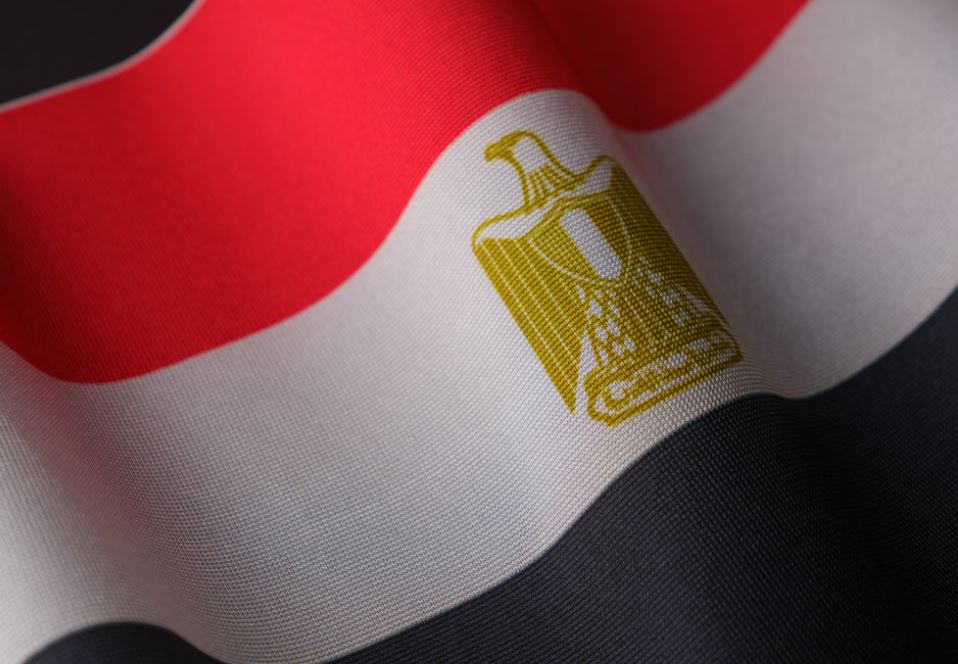By Prof. Dr İLTER TURAN
The gradual revision in Turkish foreign policy to make mends with almost all countries in the Middle East has reached its summit or maybe its successful conclusion with the appointment of ambassadors between Türkiye and Egypt. From one perspective, this is a remarkable development. The Turkish president had minced no words and spared no insults in criticizing the Egyptian President al-Sisi when took over the government from Mohammad Morsi, the Muslim Brotherhood president of Egypt who had betrayed his mandate by trying to introduce an undemocratic constitution. Mr. Erdogan and al-Sisi avoided each other, their respective governments were in rival camps, they treated each other as adversaries.

From another perspective, however, this development appears to be perfectly normal and constitute one of the final steps in Türkiye’s reintegration into the regional systems of political and economic cooperation. Türkiye entertained significant hopes that the Arab Spring would place Muslim Brotherhood governments at the helm of political change in the region and grant the AKP an opportunity to lead them. These dreams were dashed. Traditional regimes opposed change for fear that their own legitimacy might soon come under questioning. There was considerable resistance to religion guided government in all societies. And finally, major global actors all found the Brotherhood rule unwanted.
During the time Egypt and Türkiye were not on speaking terms, trade with Egypt declined and Egypt stopped serving as the target of major Turkish investments. Furthermore, Egypt serves as a gateway to some parts of Africa, a potential that became closed to Turkish businesses. To be sure, Türkiye accrued economic losses by the deterioration of its relationship with Egypt, but Türkiye’s losses were not confined to the economic domain. Let us examine the various ways the bad relations with Egypt produced negative outcomes for Türkiye.
To begin with, the rupture in relations with Egypt coincided with the discovery of significant amounts of natural gas in the Eastern Mediterranean basin. The discovery of natural resources suddenly brought to the fore the demarcation of economic zones, an action that had not received much attention in earlier times. Egypt proceeded to work with other littoral states to delineate their zones, being more accommodating to the claims of others but not Türkiye. Quickly, a front comprising Egypt, Israel, Cyprus, Greece was formed to divvy up the Eastern Mediterranean, ignoring Turkish claims and viewpoints. Türkiye responded by proposing a different map drawing technique and getting the UN recognized Libyan government to sign an agreement (not submitted to parliamentary approval) that accords it larger areas. Other littorals have so far refused to recognize it.
Second, the political front against Türkiye proceeded later to also form a coalition to develop systems of transporting the natural gas to Europe, bypassing Türkiye. Although many formulae have been considered, by coincidence, luck has been on Türkiye’s side. The shipment of gas by building pipelines under the sea or liquifying the gas for shipment seem both to be prohibitively expensive in view of the total known reserves at this time. Connecting it to the already existing Turkish pipelines is the most reasonable method. The question of how to ship the gas is still undecided but the Turkish government’s change of stance may well entice a more favorable consideration of the Turkish option. The adoption of other options would have (and will) marginalize(d) Türkiye and undermine its aspirations to serve as an energy hub.
Egypt and Türkiye that could have worked together to construct a peaceful post-Kaddafi Libya, ended up backing rival factions in a bloody civil war. Turkish drones were critical in stopping the advance of the forces of General Hafter whom Egyptians backed. The political situation in Libya continues to be unsettled, a costly situation for both sides. The current rapprochement may help generate the conditions for a peaceful settlement which both countries find acceptable and support.
Türkiye, in rupturing relations with Egypt, may have failed to appreciate the critical place it occupies in the Arab world. Egypt is a center of ideas, politics and action. Other Arab countries look to Egypt for inspiration and guidance. It serves as the home of the Arab League and an important voice in the Islamic Conference Organization. Egypt’s support may prove to be important in persuading Syria to reach an accord with Türkiye. Türkiye’s problematical relations with Egypt influenced and continues to influence how its relations with other Arab countries fare.
Türkiye assumed mistakenly that it could force a change of government in Egypt, assuming that the al-Sisi government was unpopular and weak. It not only misjudged al-Sisi’s ability to maintain power but also the extensive international support that was accorded to it. Whether Türkiye has understood its misjudgments or whether it is simply making temporary adjustments in its foreign policy to respond to current conditions is not clear. Although the Turkish government may maintain a transactional attitude in its dealing with Saudia Arabia, UAE and now with Egypt, however, the changes are likely to acquire a permanent quality.
By Prof. Dr İLTER TURAN
